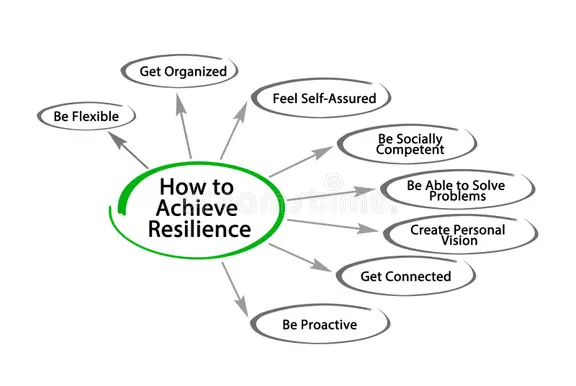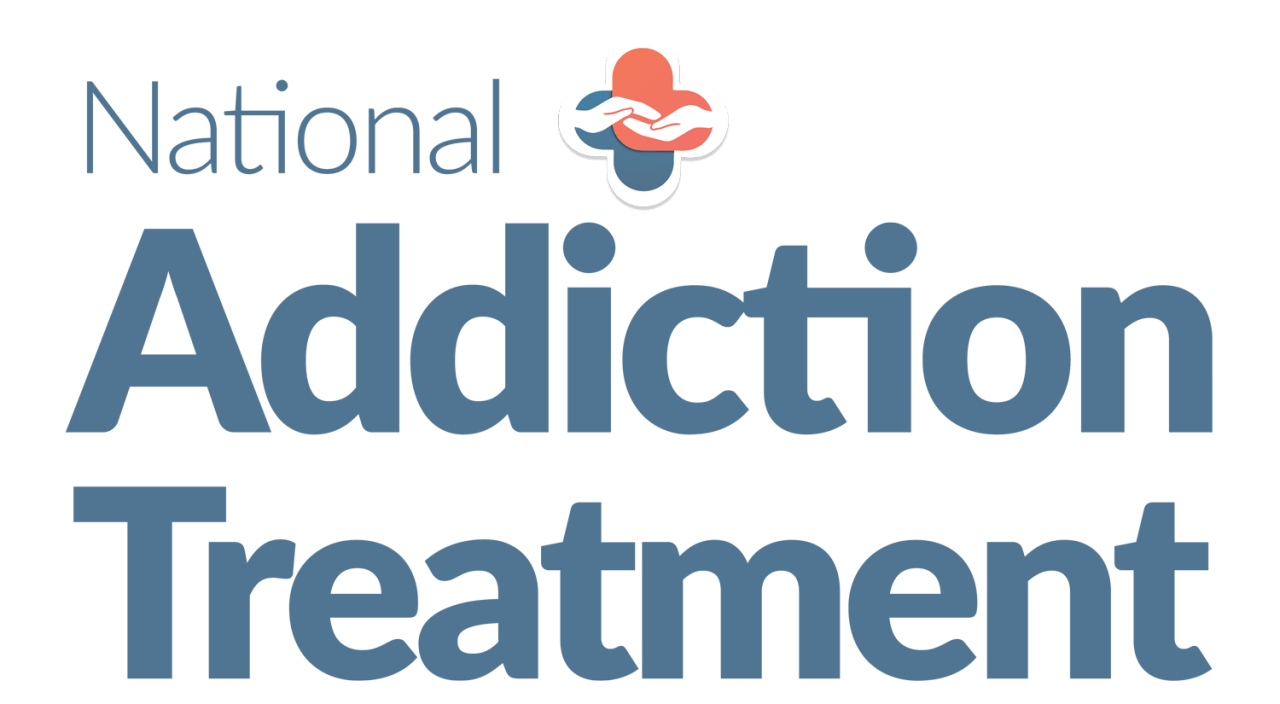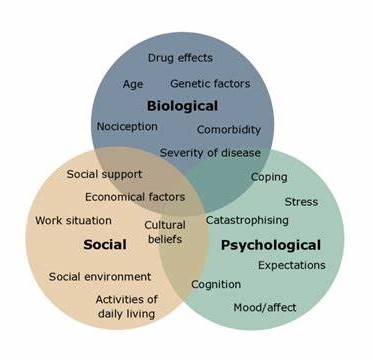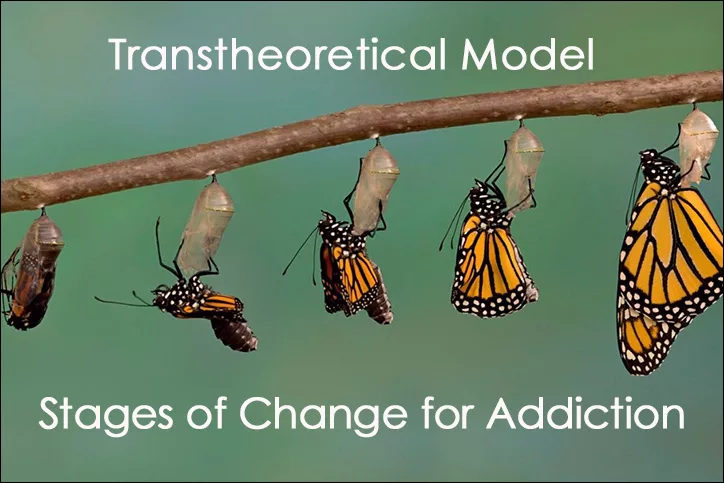Resilience in Addiction Therapy
Resilience in addiction therapy helps individuals overcome cravings, relapse, and emotional struggles. Self-management, family support, and community resources provide stability, coping skills, and essential recovery tools, fostering lasting sobriety and growth. Building Resilience in Addiction Therapy: A Key to Long-Term Recovery Resilience in addiction therapy is the ability to cope with and overcome challenges related … Read more









